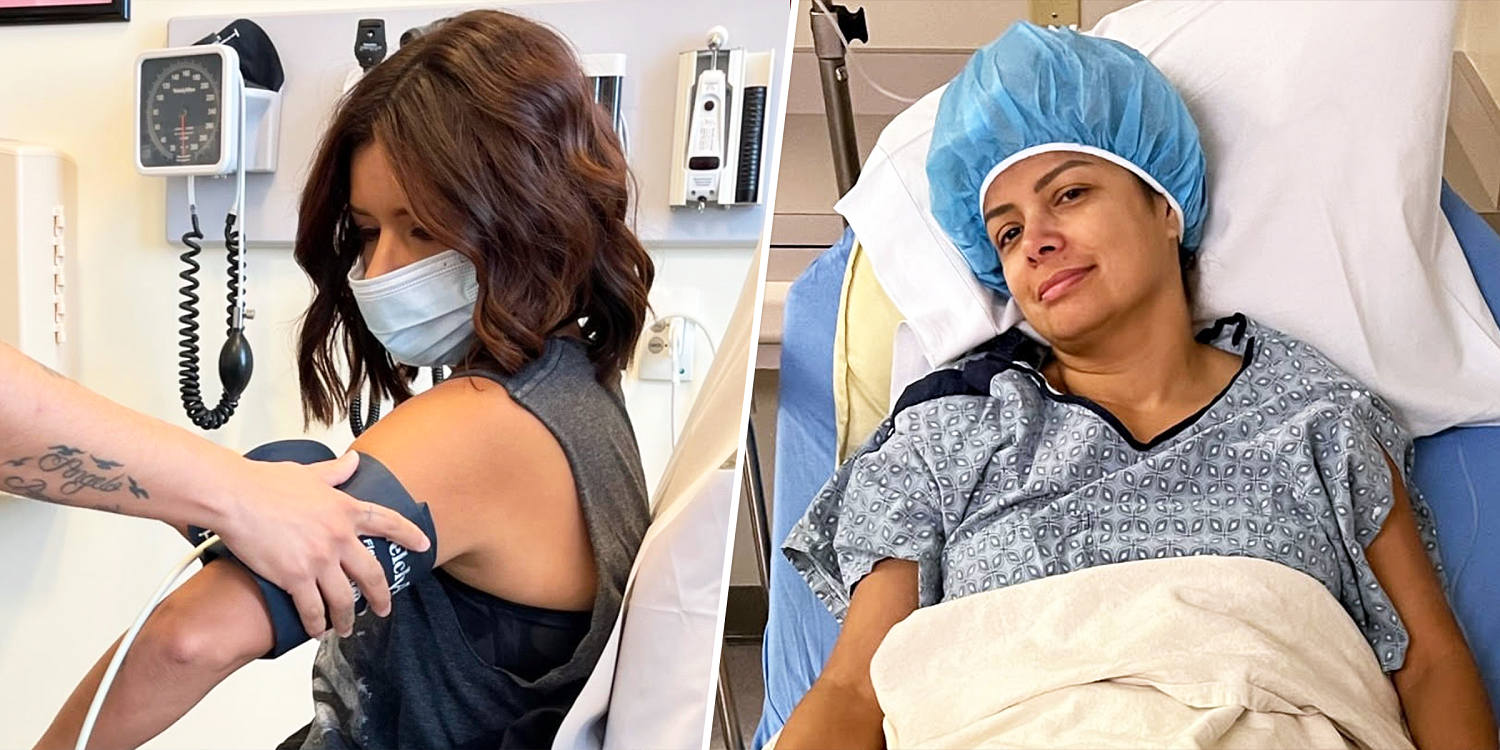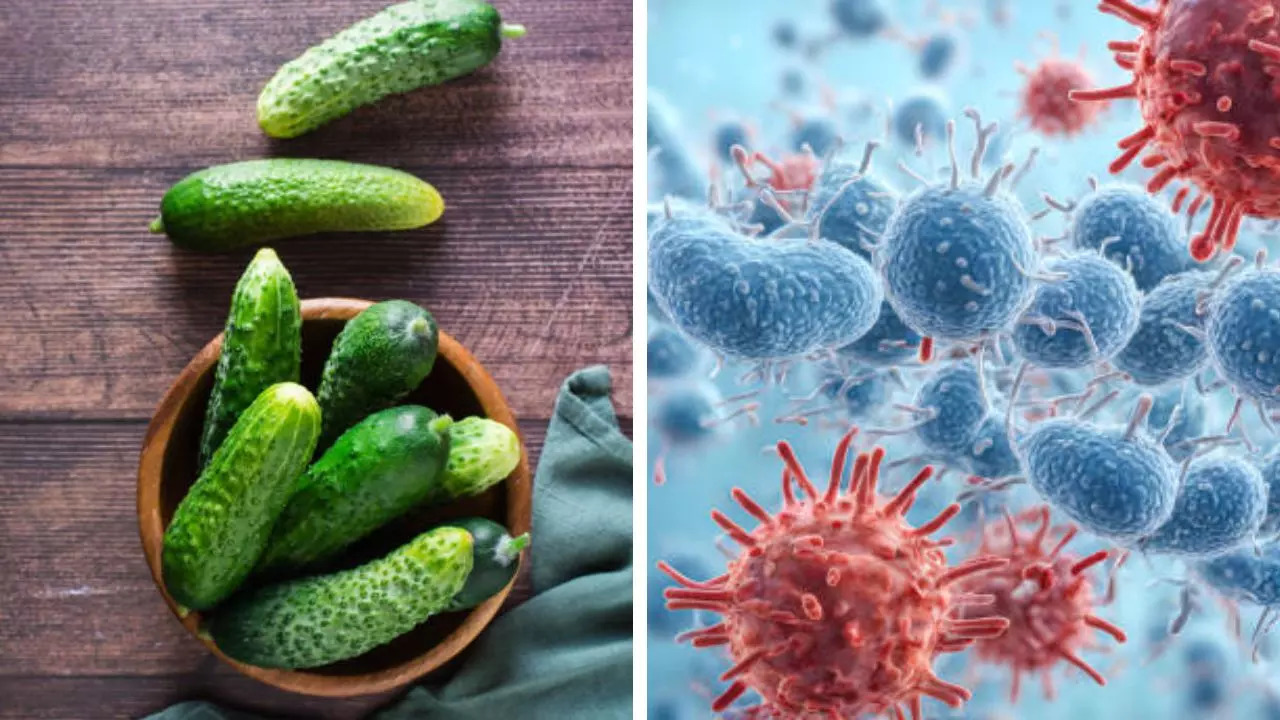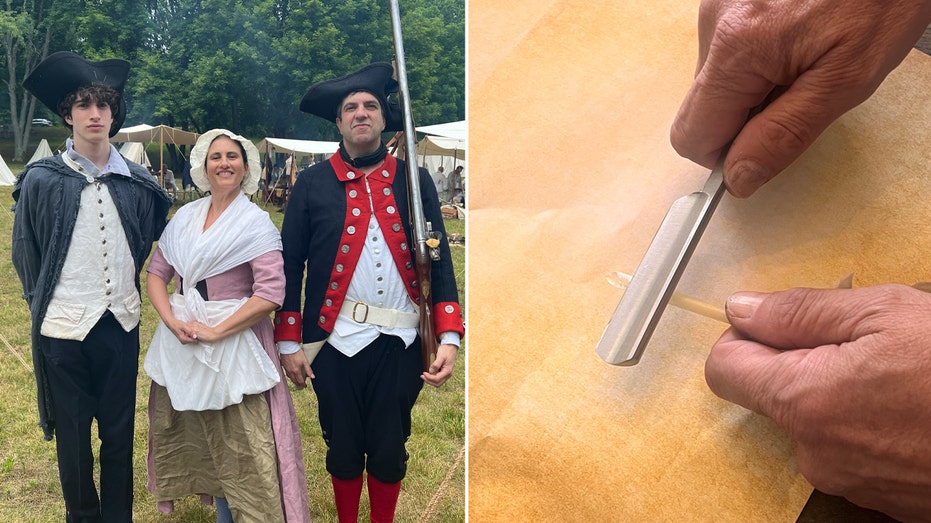
Pune: A Chikungunya surge in the city — over 100 confirmed cases in Sept alone — has caused a number of people to experience serious symptoms, with doctors also reporting instances of vertical transmission — the transfer of an infection from mother to child. Vertical transmission (VT) can happen with viruses or bacteria. And given chikungunya's incidence in Pune this year, amid record monsoon, it wouldn't be uncommon to find cases that involve VT, experts said.
"Chikungunya is known to transmit into the baby if the mother is infected. This year, there has been a drastic rise in the absolute number of cases in Pune so one can say we'll have a corresponding increase in complicated and abnormal cases too," said Dr Amitav Banerjee, a city-based epidemiologist. Dr Sachin Shah, president of the Pune Pediatric Intensive Care Society, said in the past one month he had treated five newborns with chikungunya.

Two of them were vertical transmissions (VT), he said. He said, "One of them started showing symptoms within five days of delivery. Another had high fever 24 hours after being born.
" Both babies were discharged and have now recovered completely, but Dr Shah said certain symptoms in one of them (the baby that reported fever within 24 hours) could be described as rare. "The occurrence of hemophagocytosis has never been reported in a newborn due to chikungunya so, yes, the case is rare," he said. Hemophagocytosis occurs when certain cells in the body called histiocytes attack other blood cells.
"This child with hemophagocytosis had low platelet and WBC counts. We confirmed chikungunya after ruling out the other usual suspect, dengue," Dr Shah said. In both cases, the mothers had high fever and joint pains or body aches a few days before delivery.
"But those issues can be confused with labour pains too which is why, sometimes, an OB-GYN may miss the condition entirely," Dr Shah said. Both newborns showed excessive irritability and refusal to feed. One of the babies also had jaundice.
Both were screened for neurological complications too before being administered the RT-PCR chikungunya test. Other doctors said they had also noticed neurological and cardiological complications in babies with chikungunya. The disease is known to trigger such complications in adults too.
Dr Pradeep Suryawanshi, a neonatologist who consults with multiple hospitals, said over the last 30 days he's seen four newborns with fever, rash, high irritation, thrombocytopenia or low platelet count and refusal to feed, all typical symptoms associated with chikungunya. Dr Suryawanshi said: "All the four babies were tested and confirmed via RT-PCR. We can also confirm these are vertical transmission cases as the babies showed symptoms within 3-5 days of birth.
What worried us was the serious condition of disseminated intravascular coagulation (DIC) in one of them." DIC was a rare but serious condition that causes abnormal blood clotting in the body's blood vessels, he said. "Another baby had newborn encephalitis.
This child reported convulsions so we performed an MRI, which then showed signs of a brain infection. But after 17 days in the ICU, the child recovered," Dr Suryawanshi said. Dr Tushar Parikh, a senior paediatrician and neonatologist with Motherhood Hospitals, said they've had seven chikungunya VT cases in the last month.
"All seven cases were confirmed through RT-PCR. We can also confirm these were VT cases as the children showed symptoms within the first 10 days of birth, including breathing difficulties. One of them went on to need a ventilator," Dr Parikh said, adding that the children were also lethargic and two reported feeding intolerance and vomiting.
"One baby also had black pigmentation around the nose and mouth, which is very typical for chikungunya in newborns. Six babies recovered and were discharged. Unfortunately, one passed away within four hours of coming to our hospital," he said.
Dr Banerjee said VT cases may need to be monitored for a while after recovery. "This is to ensure that the virus has had no impact on their growth. The first three months after birth are crucial when the brain and other vital organs are developing.
After that, risk of harm starts to drop," he said. HL: PLACENTA OR OTHER BODY FLUIDS PLAY KEY ROLE Vertical transmission refers to the transfer of a disease causing agent from mother to baby during the period immediately before or after delivery Investigations show transmission may happen through placenta or other bodily fluids such as breast milk COMMON DISEASES HIV, Zika, rubella virus, chicken pox, herpesviruses, Hepatitis B and C are pathogens known to transfer from mother to child First known vertical transmission cases in 2005 Chikungunya is transmitted to humans by infected mosquitoes Its symptoms, including high fever, headaches, rash, nausea and red eyes, are similar to dengue or zika, which makes Chikungunya difficult to diagnose properly Symptoms often appear within 2-7 days of the mosquito bite It's not a contagious disease – doesn't spread from person to person. It also rarely causes serious health problems or death Chikungunya outbreaks were first reported in the 1950s, in countries of Africa and Asia Its vertical transmission (VT) was confirmed in 2005, during an outbreak on the island of Reunion, in the Indian Ocean Doctors have called for a better preventative strategies to prevent VT cases, especially when there's increased prevalence of a pathogen in the community RT-PCR tests should be deployed immediately if there's suspicion Pune has confirmed at least 225 cases of Chikungunya this year; 139 were reported in September alone, according to data from the Pune Municipal Corporation (Quote) "All seven vertical transmission cases with us were confirmed through RT-PCR.
We can also confirm these were VT cases as the babies showed symptoms within the first 10 days of birth, including breathing difficulties" — Dr Tushar Parikh, Senior Paediatrician and Neonatologist, Motherhood Hospitals Pune: A Chikungunya surge in the city — over 100 confirmed cases in Sept alone — has caused a number of people to experience serious symptoms, with doctors also reporting instances of vertical transmission — the transfer of an infection from mother to child. Vertical transmission (VT) can happen with viruses or bacteria. And given chikungunya's incidence in Pune this year, amid record monsoon, it wouldn't be uncommon to find cases that involve VT, experts said.
"Chikungunya is known to transmit into the baby if the mother is infected. This year, there has been a drastic rise in the absolute number of cases in Pune so one can say we'll have a corresponding increase in complicated and abnormal cases too," said Dr Amitav Banerjee, a city-based epidemiologist. Dr Sachin Shah, president of the Pune Pediatric Intensive Care Society, said in the past one month he had treated five newborns with chikungunya.
Two of them were vertical transmissions (VT), he said. He said, "One of them started showing symptoms within five days of delivery. Another had high fever 24 hours after being born.
" Both babies were discharged and have now recovered completely, but Dr Shah said certain symptoms in one of them (the baby that reported fever within 24 hours) could be described as rare. "The occurrence of hemophagocytosis has never been reported in a newborn due to chikungunya so, yes, the case is rare," he said. Hemophagocytosis occurs when certain cells in the body called histiocytes attack other blood cells.
"This child with hemophagocytosis had low platelet and WBC counts. We confirmed chikungunya after ruling out the other usual suspect, dengue," Dr Shah said. In both cases, the mothers had high fever and joint pains or body aches a few days before delivery.
"But those issues can be confused with labour pains too which is why, sometimes, an OB-GYN may miss the condition entirely," Dr Shah said. Both newborns showed excessive irritability and refusal to feed. One of the babies also had jaundice.
Both were screened for neurological complications too before being administered the RT-PCR chikungunya test. Other doctors said they had also noticed neurological and cardiological complications in babies with chikungunya. The disease is known to trigger such complications in adults too.
Dr Pradeep Suryawanshi, a neonatologist who consults with multiple hospitals, said over the last 30 days he's seen four newborns with fever, rash, high irritation, thrombocytopenia or low platelet count and refusal to feed, all typical symptoms associated with chikungunya. Dr Suryawanshi said: "All the four babies were tested and confirmed via RT-PCR. We can also confirm these are vertical transmission cases as the babies showed symptoms within 3-5 days of birth.
What worried us was the serious condition of disseminated intravascular coagulation (DIC) in one of them." DIC was a rare but serious condition that causes abnormal blood clotting in the body's blood vessels, he said. "Another baby had newborn encephalitis.
This child reported convulsions so we performed an MRI, which then showed signs of a brain infection. But after 17 days in the ICU, the child recovered," Dr Suryawanshi said. Dr Tushar Parikh, a senior paediatrician and neonatologist with Motherhood Hospitals, said they've had seven chikungunya VT cases in the last month.
"All seven cases were confirmed through RT-PCR. We can also confirm these were VT cases as the children showed symptoms within the first 10 days of birth, including breathing difficulties. One of them went on to need a ventilator," Dr Parikh said, adding that the children were also lethargic and two reported feeding intolerance and vomiting.
"One baby also had black pigmentation around the nose and mouth, which is very typical for chikungunya in newborns. Six babies recovered and were discharged. Unfortunately, one passed away within four hours of coming to our hospital," he said.
Dr Banerjee said VT cases may need to be monitored for a while after recovery. "This is to ensure that the virus has had no impact on their growth. The first three months after birth are crucial when the brain and other vital organs are developing.
After that, risk of harm starts to drop," he said. HL: PLACENTA OR OTHER BODY FLUIDS PLAY KEY ROLE Vertical transmission refers to the transfer of a disease causing agent from mother to baby during the period immediately before or after delivery Investigations show transmission may happen through placenta or other bodily fluids such as breast milk COMMON DISEASES HIV, Zika, rubella virus, chicken pox, herpesviruses, Hepatitis B and C are pathogens known to transfer from mother to child First known vertical transmission cases in 2005 Chikungunya is transmitted to humans by infected mosquitoes Its symptoms, including high fever, headaches, rash, nausea and red eyes, are similar to dengue or zika, which makes Chikungunya difficult to diagnose properly Symptoms often appear within 2-7 days of the mosquito bite It's not a contagious disease – doesn't spread from person to person. It also rarely causes serious health problems or death Chikungunya outbreaks were first reported in the 1950s, in countries of Africa and Asia Its vertical transmission (VT) was confirmed in 2005, during an outbreak on the island of Reunion, in the Indian Ocean Doctors have called for a better preventative strategies to prevent VT cases, especially when there's increased prevalence of a pathogen in the community RT-PCR tests should be deployed immediately if there's suspicion Pune has confirmed at least 225 cases of Chikungunya this year; 139 were reported in September alone, according to data from the Pune Municipal Corporation (Quote) "All seven vertical transmission cases with us were confirmed through RT-PCR.
We can also confirm these were VT cases as the babies showed symptoms within the first 10 days of birth, including breathing difficulties" — Dr Tushar Parikh, Senior Paediatrician and Neonatologist, Motherhood Hospitals.














